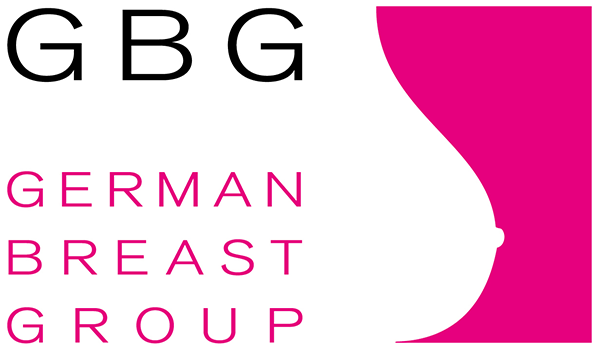New approach in breast cancer research: Overcoming resistance by inhibiting metabolism!
Tumor cells are masters of adaptation – they often evade the effects of modern cancer therapies and become resistant. However, a research team led by Dr. Gremke and Prof. Dr. Thorsten Stiewe at the Philipps University of Marburg has discovered a promising weak point: Resistant breast cancer cells can be selectively eliminated by metabolic inhibitors.
📌 Key findings of the study (published in Signal Transduction and Targeted Therapy):
✅ New therapeutic strategy: Tumor cells that have become resistant to PI3K inhibitors exhibit impaired autophagy, making them particularly sensitive to drugs that attack energy metabolism.
✅ Metformin as a beacon of hope: The diabetes drug could play a crucial role because it deprives resistant tumor cells of a vital molecule (aspartate), thus leading to cell death.
✅ Biomarkers for personalized therapy: Two new biomarkers could help identify patients who respond particularly well to such a metabolic therapy in the future.
✅ Involvement of the GBG: The analysis of tissue samples from breast cancer patients from the adjuvant, multicenter GAIN study was carried out in cooperation with the Institute of Pathology at the Philipps University of Marburg. These investigations showed that patients with such a signature have a poorer prognosis – but at the same time could potentially benefit from metabolic therapy.
💡A great example of interdisciplinary cutting-edge research with direct clinical potential!
The original publication can be found here.
Further information on the GAIN study can be found here.
